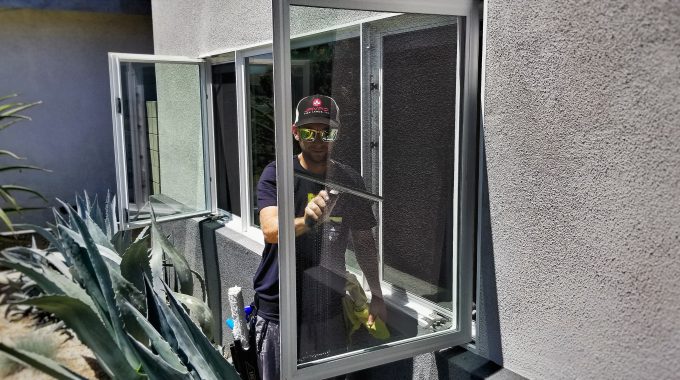Vegetable Preparation and Cooking Tips to Retain Nutrients
Vegetables are a good source of many vitamins and minerals. Some vegetables are more nutritious when eaten raw while others need to be cooked for optimal nutrition. However, preparation and cooking methods both matters if you like to get the optimal nutrition from vegetables. Some preparation and cooking methods can boost nutritional contents while others take them away.

Normally, the more we expose vegetables to water and heat the more nutrients will be lost especially the water soluble vitamins B and C and several others. To avoid this, there are several preparation and cooking tips that you can observe to retain as much nutrients in the vegetables.
Vegetable Preparation Tips to Retain Nutrients
1. Vegetables start losing important nutrients from the time they are harvested. Make sure that the vegetables you buy are the freshest selection.
2. Different types of vegetables have storage requirements to retain nutrients. Some vegetables should be stored in airtight containers, some needs to be kept dry while others need to be moistened from time to time. When you are not sure how to store your vegetable, you can ask the person selling them or you can also research in the internet on the proper storage of a particular vegetable. It is important that you observe storage requirement for each type of vegetable to keep them fresh for a longer period of time with minimal loses in nutrients.
3. Cook vegetables as soon as you buy them. The longer you store them in your refrigerator the more nutrients will be lost.
4. When preparing your vegetable for cooking, wash them thoroughly but do not soak. Most of the nutrients are water soluble which means they easily dissolved when soaked in water.
5. Slice and wash your vegetables only when you are about to cook them. And when slicing, avoid bruising your vegetable or cutting them into very small pieces as it can deplete vitamins and nutrients. Use sharp knife in cutting.
6. Remove only parts which are inedible. Avoid peeling vegetables such as potato, carrots and the likes because their best nutrients are found in the skin.
Vegetable Cooking Tips to Retain Nutrients
Different cooking methods have different effects on vegetables.
Microwaving – According to a study by Dr. M. Schnepf conducted in 2007, microwaving foods particularly vegetables retain more nutrients than if they are cooked in other conventional cooking method.
Griddling – Griddling is another best way to cook vegetables according to Dr. A. Jimenez-Montreal from the University of Murcia. It does well in preserving antioxidant properties of vegetables.
Boiling, pressure cooking – According to the Journal of Food Science published in April 2009, both boiling and pressure cooking caused the greatest lost in antioxidant properties of vegetables. Vitamins such as Vitamin C, B and folic acid are water soluble and they easily dissolve when vegetables are cooked in water.
Steaming – Steaming also proves to be more effective in preserving nutritional value of vegetables than boiling. According to 2007 USDA comparison, steaming reduces 15% of folic acid and 15% vitamin C as compared to 35% and 25% respectively when vegetables are boiled. Most nutrients are also reduced by similar percentages by both cooking methods.
Stir-frying – Stir frying is another method that can also help retain the nutrients in vegetables. However, you must watch out for the amount of oil that you use and watch out also that you don’t overcook your vegetables.
With proper preparation and cooking, you can get as much nutrients from eating vegetables.


